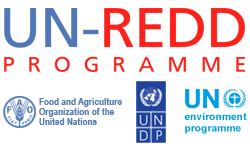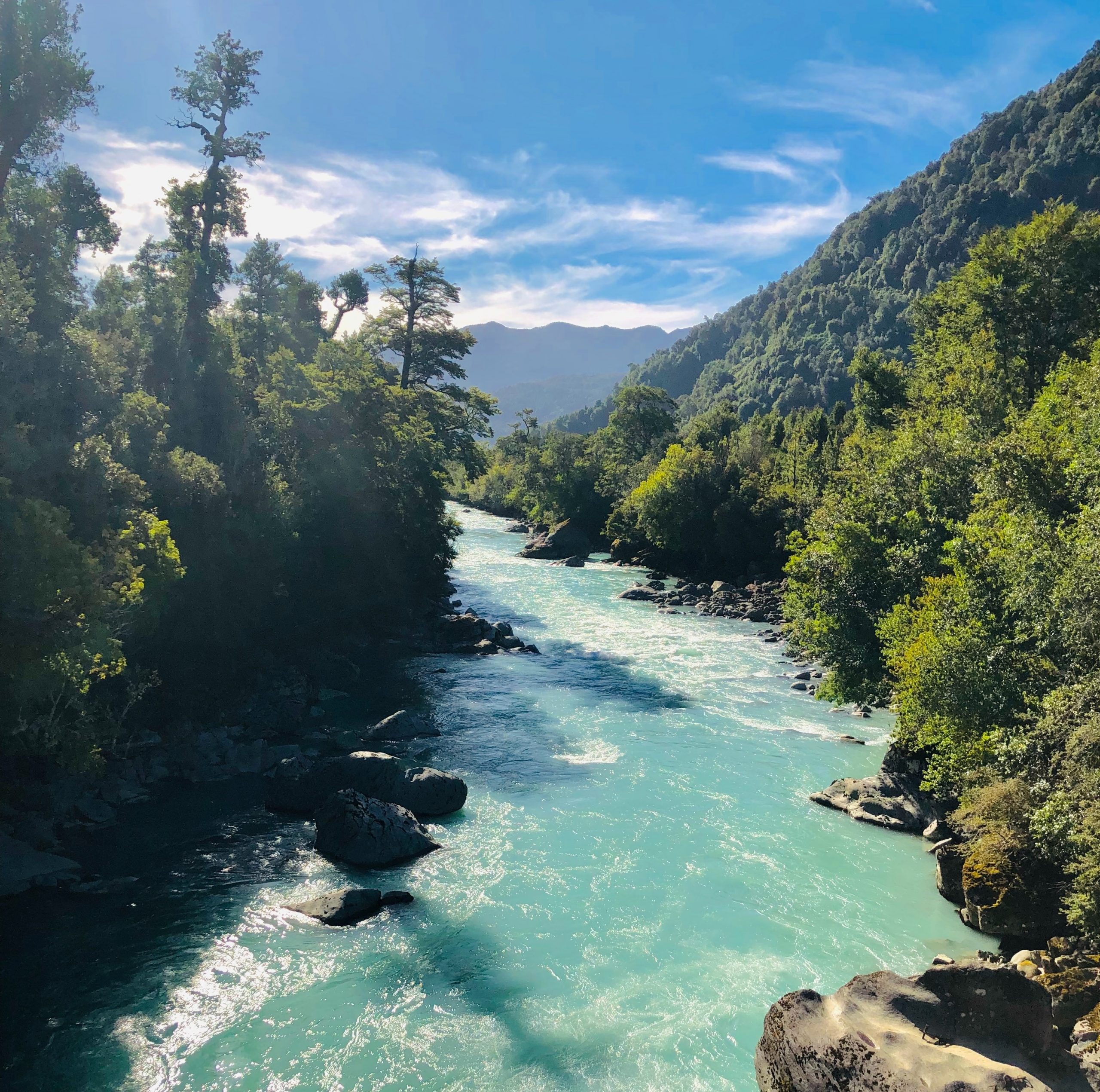
How Mainstreaming Gender Into Redd+Actions in Chile is Helping Local Communities
Acknowledging the crucial role women play in the success and effectiveness of REDD+, Chile has taken large strides over the years to ensure a gender perspective is fully integrated into REDD+ actions, both in policy and practice. The country’s multi-pronged approach and
commitment to this work has generated good practices that can help guide other countries and demonstrates how women are key agents of change in climate action.
With support from the UN-REDD Programme and other international organizations, these gender efforts began with the development of the National Strategy on Climate Change and Vegetation Resources (ENCCRV). Led by the National Forestry Corporation’s (CONAF) Indigenous and Social Affairs Unit, a methodology was developed to ensure the ENCCRV complied not only with national and international requirements on gender, but also incorporated a gender perspective into the overall strategy.
In Chile, only 28 percent of native forest management plans are led by women. Of that, they manage only 20 percent of native forests in the country, according to CONAF. Given this disparity, a gender approach was integrated into the UN-REDD National Programme in Chile from 2017 to 2021, with UN-REDD also supporting efforts to implement pilot projects focused on new forest management models for key measures of the ENCCRV.
One such project involved the development of a socio-environmental investment model for the restoration of 200 hectares of semi-arid lands in the agricultural communities of Peña Blanca and Cerro Blanco in Ovalle. The project, which addresses solutions to water scarcity through the installation of fog traps supplying up to six liters of water each day for irrigation, saw the active participation of women from the community. This has led to improvements in the quality of life for women and for the community.
“The land belongs to the entire community,” said Claudia Rojas, a beneficiary of the agricultural community of Peña Blanca in Ovalle. “For now, we only graze animals. Before, wheat was sown, but due to a lack of rain, it is no longer done. CONAF helped us with improvements to the community reserve. Then we reforested some sectors with native plants. There is a lot of fog in the reserve which is harvested with mist catchers to help plants. As well, there is a project to sell purified fog-catcher water.”
Efforts to integrate and strengthen the gender approach within public policy continue and range from highlighting gender actions in the development of operational guidelines to gender capacity building of local professionals in charge of project design, implementation and monitoring.
UN-REDD’s support of Chile’s REDD+ actions over the years has demonstrated that ensuring a gender approach and promoting women’s empowerment and involvement in training, environmental education programs and decision-making is key to ensuring REDD+ implementation and sustainability.

